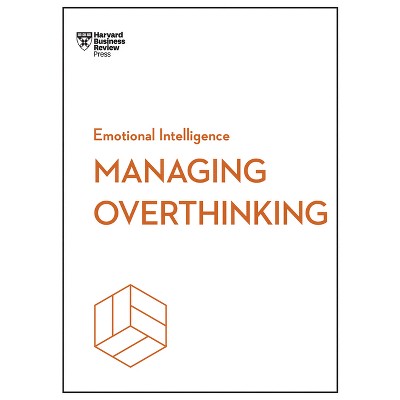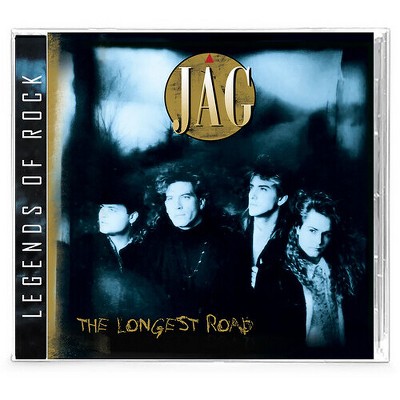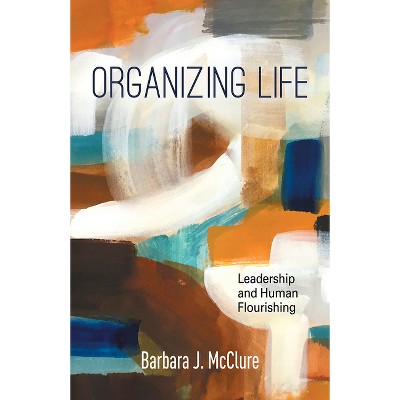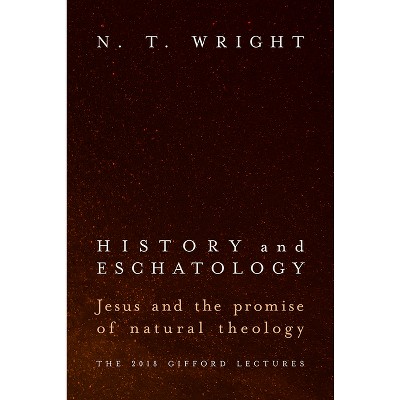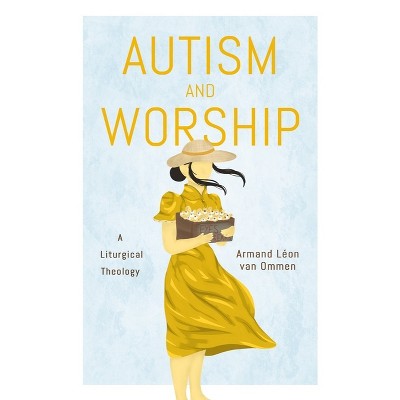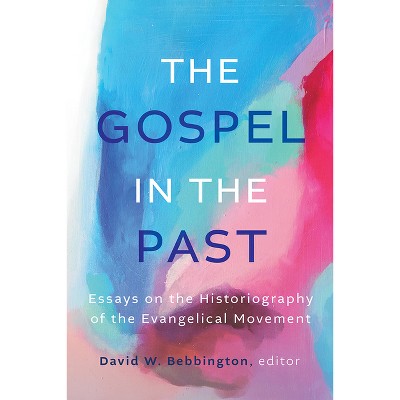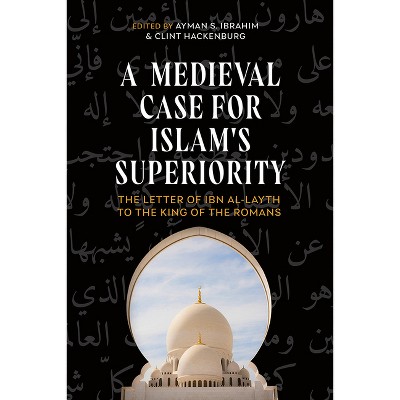Sponsored

Emotions - by Barbara J McClure (Hardcover)
In Stock
Sponsored
About this item
Highlights
- Emotions are two-sided.
- About the Author: Barbara J. McClure is Associate Professor of Pastoral Theology and Practice at Brite Divinity School.
- 365 Pages
- Religion + Beliefs, Christian Theology
Description
About the Book
Emotions should not be censored, silenced, or sidelined--they are important tools for discerning and cultivating what is Good and resisting what is not.Book Synopsis
Emotions are two-sided. They contain deep truths about what it means to be human, but they also deceive, mislead, and manipulate. They are celebrated for the insights they provide, but they also are denied, repressed, and dismissed. Though many institutions recognize and study the power of emotion, its potential has yet to be fully realized.
Barbara J. McClure seeks to rectify this. In Emotions: Problems and Promise for Human Flourishing, she examines how emotions can be properly engaged for health and healing both individually and corporately. Starting with the current understandings of emotion, she notes the limitations of current thought. She then draws on significant emotions theories from ancient philosophy, Christian theology, natural sciences, psychology, social theory, and contemporary neuroscience to create a more well-rounded understanding of emotions and their place in Western society. Ultimately, McClure argues that emotions, if understood and engaged correctly, can be a source of guidance for flourishing and a resource for nurturing the common good.
With this wide-ranging multidisciplinary approach, McClure proposes an understanding of emotions that allows for a new model of human flourishing: one that does not dismiss emotions but utilizes them properly to engage life's challenges. Emotions should not be censored, silenced, or sidelined--they are important tools for discerning and cultivating what is Good and resisting what is not.
Review Quotes
This book is exemplary in the way it sets out the challenges and potential of interdisciplinary study within pastoral and practical theology. McClure talks about each disciplinary paradigm as representing different pieces of a puzzle (p. xii) and accordingly her work is underpinned by an exhaustive body of literature. The bibliography is vast and the footnotes run to over 100 pages: a tour de force of scholarship and a research resource in its own right. Such total immersion in a specialist subject is a rare luxury in contemporary scholarship, but McClure's work serves as a benchmark for all those who believe that theology's engagement with human affairs must be attentive to the voices of the world as well as the Church.
--Elaine L. Graham "International Journal of Practical Theology"About the Author
Barbara J. McClure is Associate Professor of Pastoral Theology and Practice at Brite Divinity School.
Shipping details
Return details
Frequently bought together
Trending Non-Fiction









